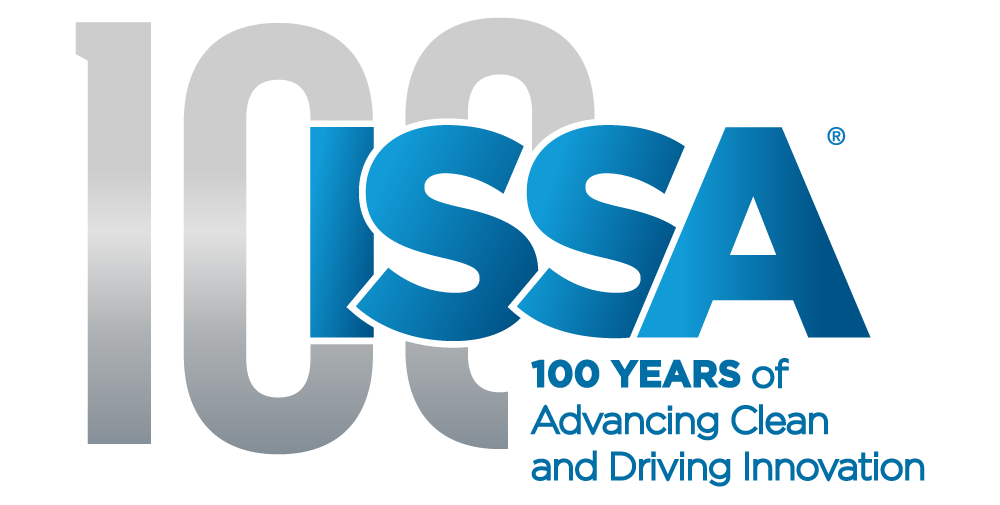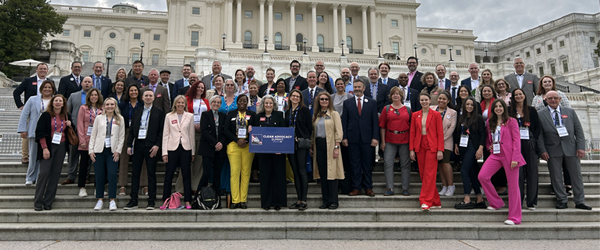GBAC and Allergy Standards Limited Commit to Advancing Indoor Air Quality Knowledge
Fresh off the heels of the inaugural GBAC Symposium on Air Considerations, the Global Biorisk Advisory Council® (GBAC), a Division of ISSA, and Allergy Standards Limited (ASL) have announced the formation of an educational working group focused on indoor air quality (IAQ) in the built environment.
“Providing timely and relevant knowledge and information to the industry on proper cleaning actions for improving IAQ is among our top priorities,” said Dr. Gavin Macgregor-Skinner, GBAC Senior Director. “Through our combined GBAC and ASL networks, we will work together to further ISSA’s mission of changing the way the world views cleaning.”
While still in its developmental stages, the working group will further expand the existing GBAC-ASL educational partnership announced in July. The purpose of the new GBAC-ASL educational group is to develop toolkits and education programs for cleaning professionals responsible for educational, offices, retail, and health care facilities. The two organizations anticipate the group’s influence will have relevance and impact in communities where health inequity and financial challenges have the highest-burden costs.
This working group is in part a response to the U.S. Environmental Protection Agency’s (EPA) release of the “Clean Air in Buildings Challenge,” a call to action and concise set of guiding principles and actions to assist building owners and operators with reducing risks from airborne viruses and other contaminants indoors. The working group’s goal is to provide cost-effective, real-world solutions to the cleaning industry to improve IAQ and the health of building occupants.
“The United Nations General Assembly recently adopted a resolution declaring access to a clean, healthy, and sustainable environment as a universal human right,” said Dr. John McKeon, ASL CEO. “This resolution, along with the Sustainable Development Goals (SDGs) and other Environmental, Social, and Governance (ESG) requirements, means that building owners, operators, and managers will need to proactively seek solutions in this area. Our toolkits and education programs will be a powerful resource.”
The GBAC-ASL working group will develop modular-based learning to deliver optimum outcomes for trusted advisors. Planned topics include:
- The medical impact of poor IAQ
- Indoor pathogens; including coronavirus
- What are asthma and allergies?
- In-building triggers.
Key learning objectives include:
- Knowing the importance of language such as IAQ, building- related illness (BRI), and indoor environmental quality (IEQ)
- How dangerous chemicals, biologicals and allergens get into the air and what keeps them there
- Understanding why a ”whole of building approach” is needed to reduce the impact of asthma and allergies and how managing a building with IAQ in mind can vastly reduce the impact on building occupants
- Developing a systematic approach to identifying, controlling, and even eliminating the sources of indoor pollutants and allergens
- How creating healthier offices, schools, and homes can have a huge impact on your business.
“We are pleased to expand our partnership with ASL to help bring advanced knowledge and information to the entire cleaning industry,” said John Barret, ISSA Executive Director. “As the world continues to recognize the need for IAQ in the built environment, it’s more important than ever for ISSA and GBAC to work with our partners and remain diligent in human health and safety efforts.”
About ASL
We Help People Breathe Healthier Air. As an independent, international certification company, we create peer-reviewed, scientific standards for a wide range of products and services to determine their impact on indoor air quality. ASL’s intellectual property portfolio includes unique protocols for products to be CERTIFIED asthma & allergy friendly®. Our mission is to improve lives by empowering people to create the healthiest possible indoor environment through science (ASL Standards), education (ASL Academy) and innovation (ASL Institute). http://www.allergystandards.com/















